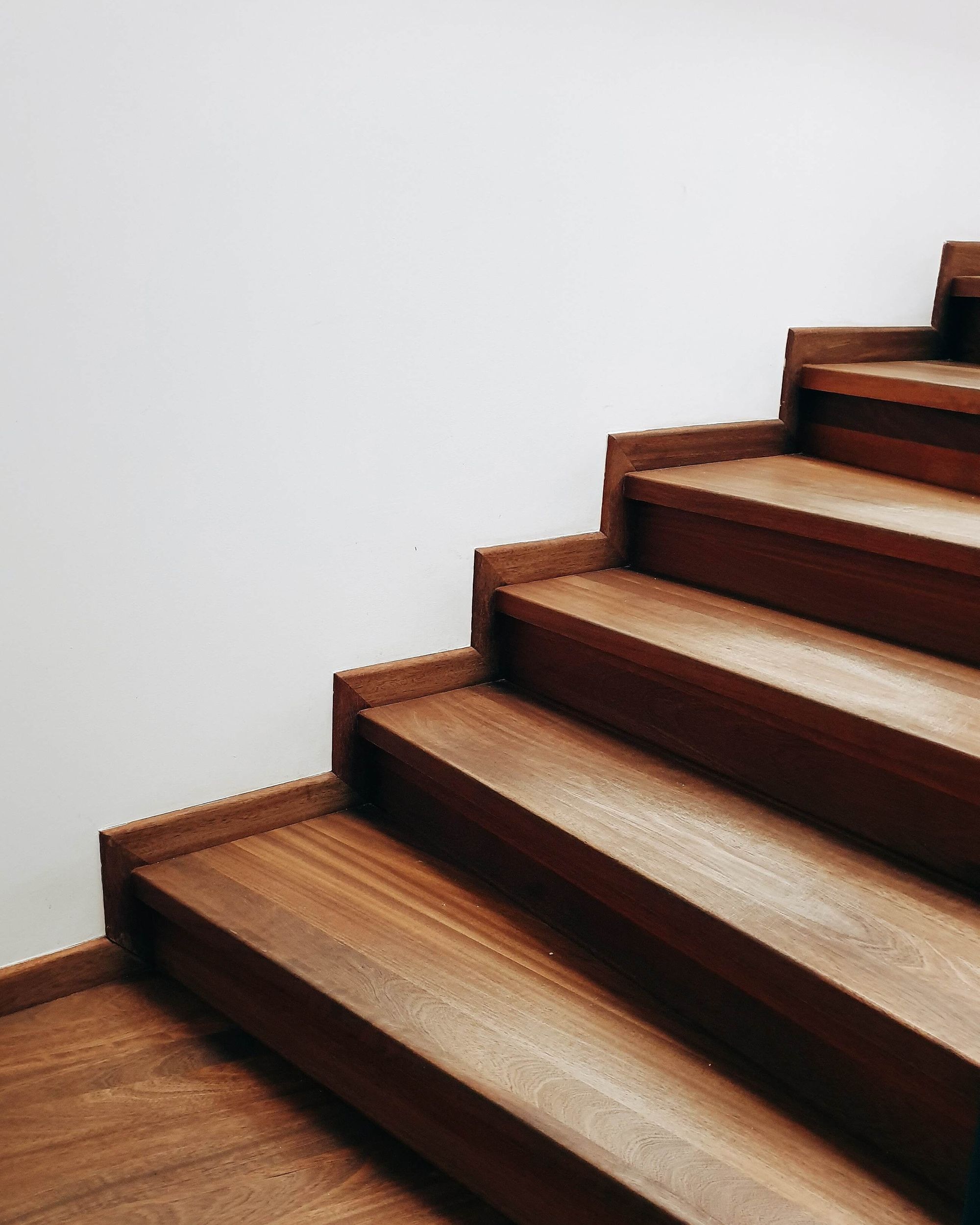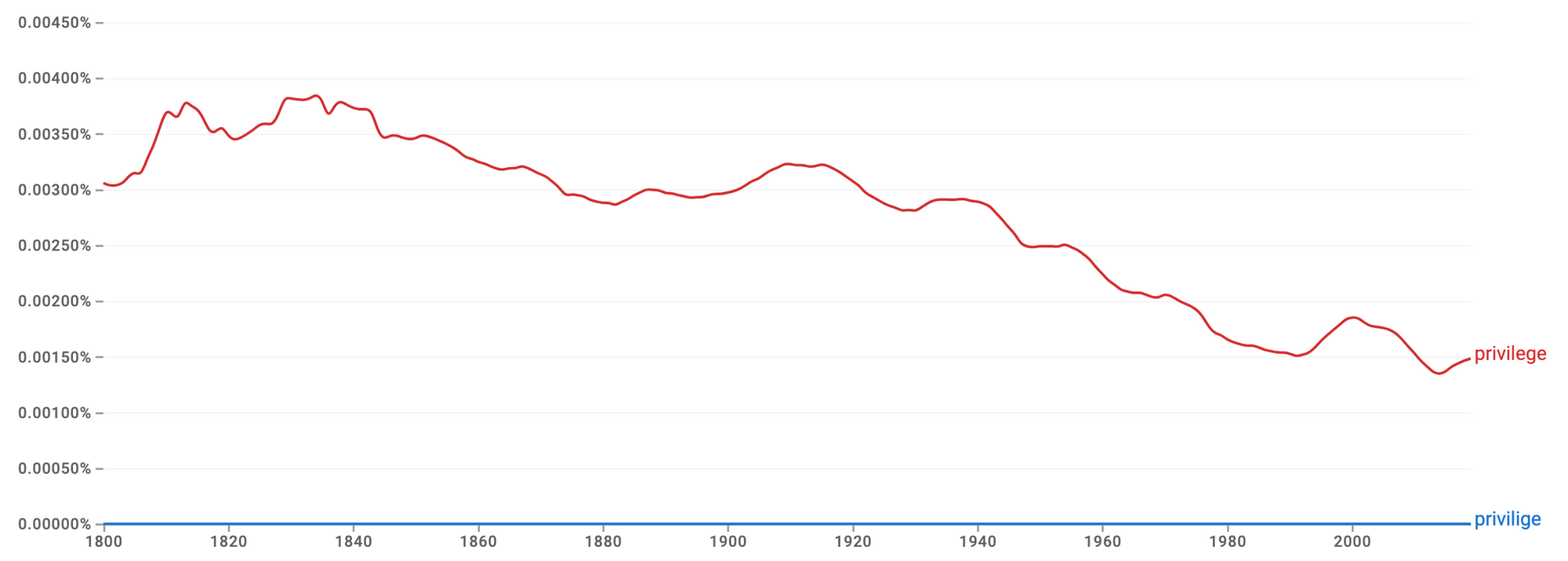- "Privilige" is an incorrect spelling of the word "privilege."
- "Privilege" refers to a special advantage, right, or immunity granted to a particular person or group, often beyond what is available to others.
❌ Receiving an education is a privilige that not everyone around the world has the opportunity to enjoy.
✅ Receiving an education is a privilege that not everyone around the world has the opportunity to enjoy.
In this sentence, "privilege" signifies the special advantage or opportunity of receiving an education that is not universally accessible.
What does "privilege" mean?
Imagine standing on top of a tall staircase, with others starting their climb from down below. "Privilege" is like having an extra set of steps right at the beginning, a head start in life that comes from unearned advantages. It's not about being a superhero or having everything perfect, but it's about having doors open more easily, obstacles removed before you even reach them.
Here are some ways to think about privilege:
- Social and cultural: Someone born into a wealthy family might have access to better education, healthcare, and opportunities compared to someone from a disadvantaged background. This is an example of socioeconomic privilege.
- Racial and ethnic: A person of color might face systemic biases and discrimination that a white person wouldn't, despite their individual merits. This is racial or ethnic privilege.
- Gender and sexual orientation: Women and LGBTQ+ individuals often encounter limitations and inequalities that their male or heterosexual counterparts might not. This is gender and sexual orientation privilege.
It's important to remember that these are just a few examples, and privilege can manifest in many ways across different aspects of life.

The use of "privilige" and "privilege" over time
The Ngram graph below shows how often "privilige" and "privilege" have been used from the 1800s to the 2000s. "Privilege" has been slightly declining in use since the 1800s, while its misspelling "privilige" has always seen nearly zero use.

How to pronounce "privilege"
In both British and American English, "privilege" is pronounced like "pri·vuh·luhj".
This is just the standard pronunciation, and there may be slight variations depending on regional accents and individual speech patterns.
Why would we misspell "privilege" as "privilige"?
1. Typo: "Privilige" is essentially "privilege" with an extra "i" in place of "e", which means someone could accidentally type the wrong letter. This is especially common when typing quickly or not focusing closely on the spelling.
2. Phonetic Misinterpretation: Depending on their accent or dialect, some people might pronounce the "lege" sound in "privilege" more like "lige". This phonetic similarity could reinforce the idea that it should be spelled with three "i"s.
Other common misspellings of "privilege"
- Privledge
- Privelage
- Priviledge
- Privelege
- Privilage
Example sentences of the misspelling of "privilege" as "privilige"
- It's crucial to recognize that "privilige" is not the correct spelling; the accurate term is "privilege."
- When discussing opportunities or advantages, avoid the misspelling "privilige" and use the correct term, "privilege."
- Using "privilige" may lead to misunderstandings; ensure you spell it correctly as "privilege."
- Correct your spelling to "privilege" instead of "privilige" to accurately convey the idea of special rights or advantages.
- Don't compromise clarity by using the incorrect spelling "privilige"; the right term is "privilege."
Example sentences of "privilege"
- Access to quality healthcare is considered a privilege in many parts of the world.
- The scholarship provided her with the privilege of pursuing higher education without financial constraints.
- Having a supportive family is a privilege that contributes significantly to one's well-being.
- In some societies, the right to vote is seen as a fundamental privilege of citizenship.
- Attending the prestigious conference was a rare privilege for the young researcher.
- Equal access to opportunities is a goal that aims to eliminate systemic privilege.
- The mentorship program offers participants the privilege of learning from experienced professionals.
- Growing up in a safe neighborhood is often seen as a privilege for families.
- Enjoying freedom of expression is a fundamental privilege protected by democratic principles.
- The ability to travel and experience different cultures is a privilege that broadens one's perspective.
🖊️ Privelege vs. Privilege: Which is Correct?
🖊️ Priviledge or Privilege: Which Is Correct?
Synonyms for "privilege"
- Advantage
- Entitlement
- Benefit
- Immunity
- Right

Want to sound like a native speaker?
Engram’s AI-powered grammar checker makes your English sound like a native speaker’s, suggesting natural English expressions on top of fixing grammar, spelling, punctuation, word order, and vocabulary.

References:














